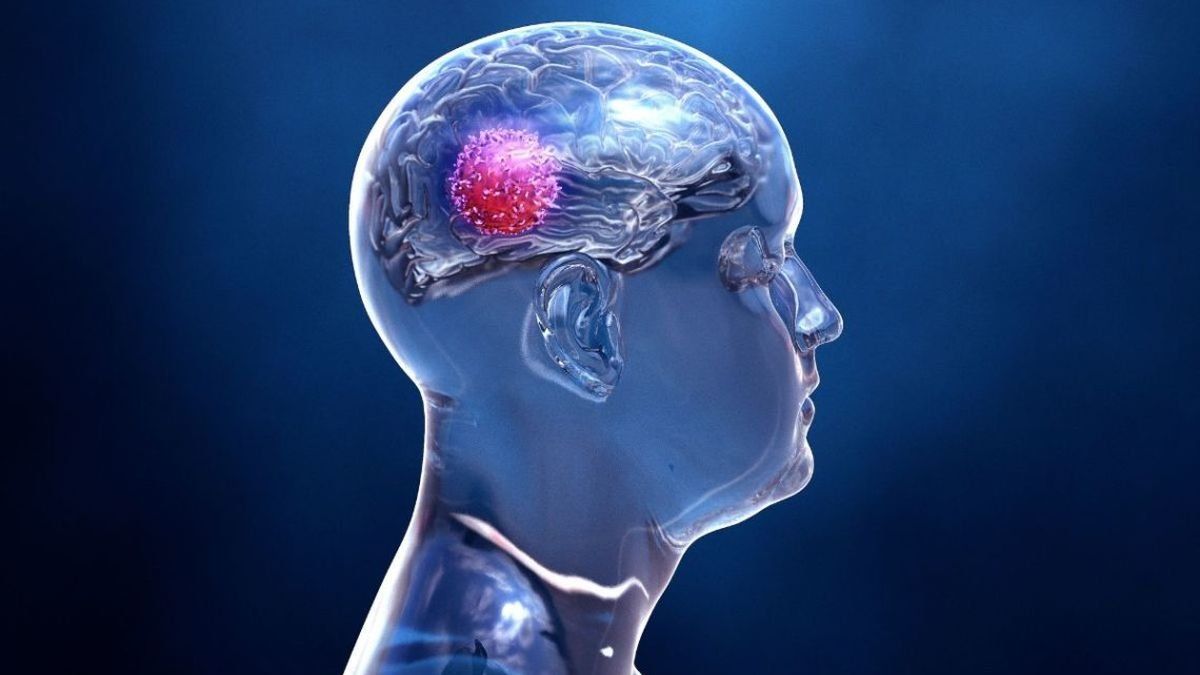Recent investigations revealed details about the molecular and cellular mechanisms that could be involved in the inevitable and irreversible process of aging.
Epigenetics or how to modify our genetic destiny
To delve into the genetic mechanisms of longevity and its manifestation in organisms (phenotype) has made it possible to focus on lifestyle habits (diet, exercise, cognitive activity, etc.) as key factors that tip the balance towards healthy or pathological aging. The phenomenon that allows us to modify our genetic destiny is the epigenetics.
Epigenetic mechanisms are chemical modifications in the dna that are produced by changes in the environment (physical or cognitive) and that modulate the expression of our genes. So our supposed destiny in the form of genetic information can be rewritten by the actions of our daily lives.
The neurons of the super old
A recent study shows that super old people have a group of neurons larger than normal in a brain structure involved in memory preservation.
As we know, our thinking organ is made up of interconnected neurons and other nerve cells that serve as support and defense (astrocytes and microglia).
we have some 10 trillion neurons that function as a great network of information, storage and management of our daily lives. Guaranteeing its precise integrity of protection and regeneration mechanisms.
Until a few years ago it was thought that, once brain maturity was reached, there were no mechanisms to replace neurons and repair lost connections. But today we know that the brain has specific areas (niches) where progenitor cells (stem cells) can help repair or replace neurons that degenerate or have been damaged.
The existence of protective mechanisms does not prevent these parent niches from replenishing neurons with age. Therefore, the brain of an older person has less capacity for regeneration, which translates into a decrease in cognitive capacity.
What is surprising is that this inexorable loss does not lead to serious alterations in the quality of life of the elderly, which increases their resilience and cognitive reserve.
We call cognitive reserve the ability of our central nervous system to balance and optimize its functioning to face neurodegenerative pathologies. This faculty is also associated with factors such as intellectual activity: reading, writing or socializing.
The super power of the super old people
They share similar habits: they stay physically active, tend to be positive, challenge your brain and learn something new every day. Many continue working into their 80s.
In addition, scientific evidence highlights the importance of staying socially engaged as we get older. Activities such as visiting family and friends, volunteering with an organization, and going out to different events have been associated with better cognitive function.
And on the contrary: a low social participation in advanced ages implies a greater risk of dementia. These facts validate the idea that the environment is a major player in our aging.
Finally, a recent study shows that they have a group of neurons larger than normal in a brain structure involved in memory preservation (layer II of the entorhinal cerebral cortex).
Source: Ambito
I am an author and journalist who has worked in the entertainment industry for over a decade. I currently work as a news editor at a major news website, and my focus is on covering the latest trends in entertainment. I also write occasional pieces for other outlets, and have authored two books about the entertainment industry.




